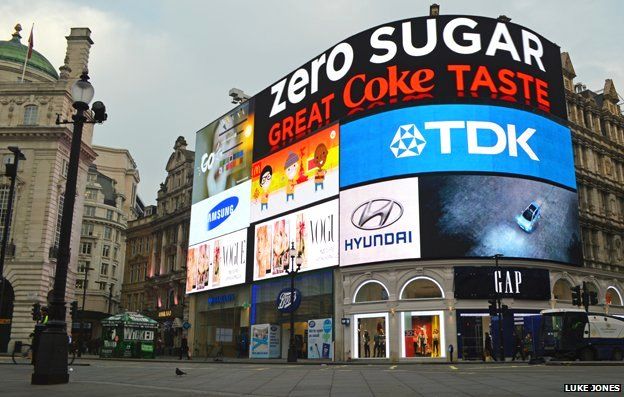 |
| Source - Luke Jones | BBC.com |
* * * * *
The supermarket chiller offers 174 varieties of bacon. How does a shopper choose which one to buy?
New research shows many marketing beliefs about how consumers decide between brands are wrong - and have been for decades, according to DDB New Zealand chief executive officer Justin Mowday and chief strategy officer Rupert Price.
Price says, in 40-year-old thinking, there have been three golden rules to grow business: 1. Win your category. 2. Win the mind of your consumer and 3. Win today.
Based on the research of academics, including New Zealander Byron Sharp, Professor of Marketing Science at the University of South Australia, DDB has come up with three new rules, described as "unreasonable thinking" - because that's how modern science shows people make decisions.
Price says research shows that rather than making reasonable, logical choices, consumers are driven by more deeply rooted and unchanging emotions. Consequently, many notions marketers have long held to be true are unfounded and contrary to how consumers behave.
"As the data shows, the old 80:20 rule - that 80 percent of your sales come from 20 per cent of your customers - is just not true," says Mowday. "The idea that the Unique Selling Proposition gives you an advantage, finding a unique space in your market that differentiates you from your competitor, is just not true."
Even for rock-star brands like Apple, the research shows people are as likely to buy from a different manufacturer each time they choose a product, challenging the long-held perception that consumers stick with preferred brands.
So the first new rule is: Culture dwarfs category, defined as making a brand distinctive and making it stand for something bigger than its products.
Price explains: "Make your brand more famous than the others. The first way is getting into conversations more often and being more obvious - a good example is the Westpac chopper.
"How many times does it get mentioned on the 6 o'clock news? Those things build memories and the more top-of-mind a brand is, the more likely you are to choose it.
"But it's not just fame. In addition, it's building a point of view on the world. Consumers are more attracted to brands that have a point of view bigger than just the product or service they provide."
Mowday says while there have been missteps, "brands that don't take a stance are at risk of being tarnished with a negative point of view. One side of a debate will say, 'That brand hasn't taken a stand for us, we are therefore against it,' and with social media, within a day you're in the news for all the wrong reasons."
New rule 2: Feelings conquer thinking: "We are an irrational species, and so our emotive brain controls 95 per cent of what we do. Most of the choices we make are subconscious," Price explains. "When you choose from your 174 varieties of bacon in the supermarket, you don't weigh up the benefits and attributes of each one. We have short-cuts that allow our brain to say, 'I just like that brand' or whatever.
"Those are down to likes and preferences and those are shaped by memory. Memory is shaped by emotion, so if you can create an emotional connection, it's a far more powerful and compelling way to draw people towards your product or brand.
"Emotions drive all the decisions we make and our subconscious brain is shaped by our emotions. Most of the brand choices we make are based on intuitive gut feeling."
Mowday: "If we look at one ad break, a whole heap of the content is based on rational reasons why I should buy something - yet we know from science 95 per cent of our decisions are made by emotion. This is where the advertising and marketing industry hasn't caught up with science."
Rule 3: Long-term beats short-term. "We live in the tyranny of short-termism," Price says. "Organisations like Unilever no longer report quarterly because they believe it's forcing them to make short-term decisions not necessarily in the best interests of growing their businesses.
"What a lot of evidence is showing us now is that if you can invest in brand-building long-term, you won't necessarily see a lift in your sales short-term, but if you can stick it out for 12 months, 24 months, 36 months, then you'll see a phenomenal payback.
"That's because (a) these things take time to build (b) it's those long-term emotional associations that dictate brand behaviour over time rather than short-term deals designed to entice people to buy things immediately."
Mowday advocates a balance, citing Specsavers, which has been using "Should have gone to Specsavers" to build its brand for 33 years and running offers like "Get two pairs from $199".
"McDonald's, a client of ours, is a perfect example with their 'I'm Loving' It' slogan and jingle."
Price says empirical evidence supports a split of 60 per cent long-term brand-building against 40 per cent short-term sales tactics.
"In the modern world, every product and service gets copied within minutes or maybe months. You don't have a competitive advantage for years. Brand is therefore even more important.
"We know these rules provide a simple, measurable and actionable approach to drive exponential business growth."

0 comments: